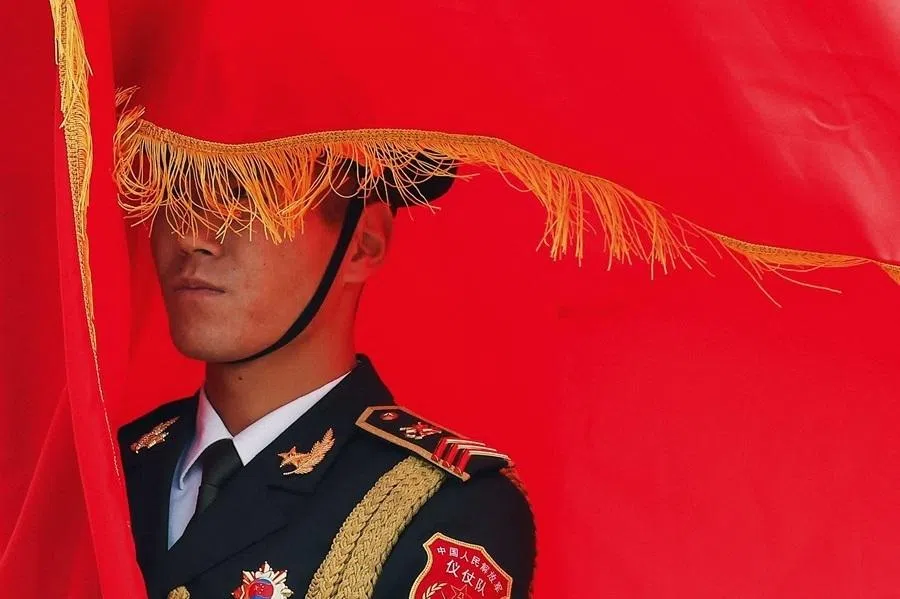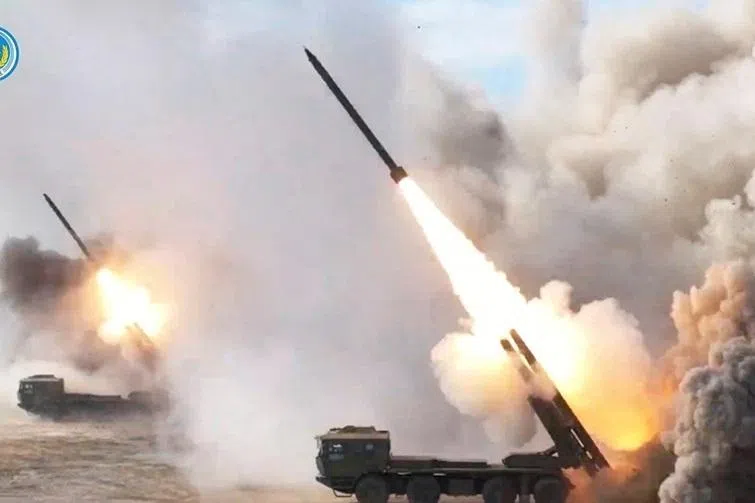Decoding the 'hyperactive' outgoing Trump administration
The US State Department recently cancelled all overseas trips, including the planned trips by UN envoy Kelly Craft to Taiwan, and Secretary of State Pompeo to Europe. Zaobao associate editor Han Yong Hong takes a look at what it says about the outgoing Trump administration and the implications for President-elect Joe Biden's team going forward.
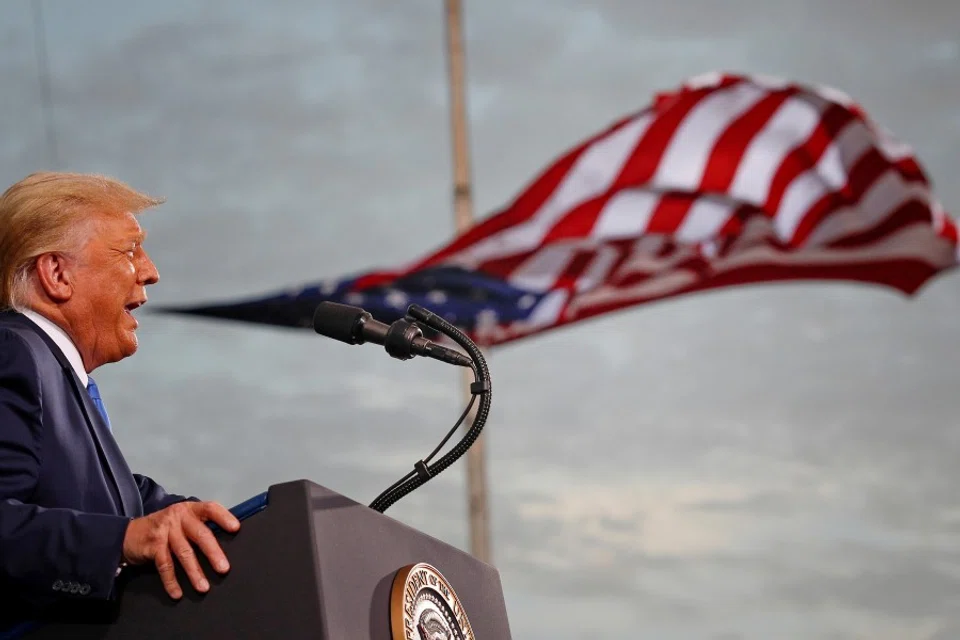
A planned trip to Taiwan by Kelly Craft, the US ambassador to the UN - lauded by Taiwan as a milestone in Taiwan-US relations, and prompting a warning by mainland China as "playing with fire" - was called off on 13 January 2021, the scheduled day of departure, and the same day that the US State Department announced that all overseas trips were cancelled. In Craft's case, a video conference was held on 14 January instead.
The reasons for this sudden change are complex. One explanation is that the respective Trump and Biden teams have finally reached a basic consensus that Trump's remaining supporters will not disrupt the transition of power, on condition that the pressure to impeach Trump will not escalate. In other words, Trump has finally agreed to stop making trouble, as evidenced by the video he released on 13 January, with his clearest criticism to date of the violence at the Capitol.
Another guess is that the trip to Europe that Secretary of State Mike Pompeo was looking forward to had to be cancelled because NATO and EU officials and the Luxembourg foreign minister declined to meet him. How could Pompeo take it? And so, the State Department (which actually functions as the foreign ministry) cancelled all overseas trips, naturally including Craft's.
As for his team, in foreign relations, they seemed to be hyperactive or on steroids, doing all it could to extend his political legacy and restrict the diplomatic space of the incoming administration...
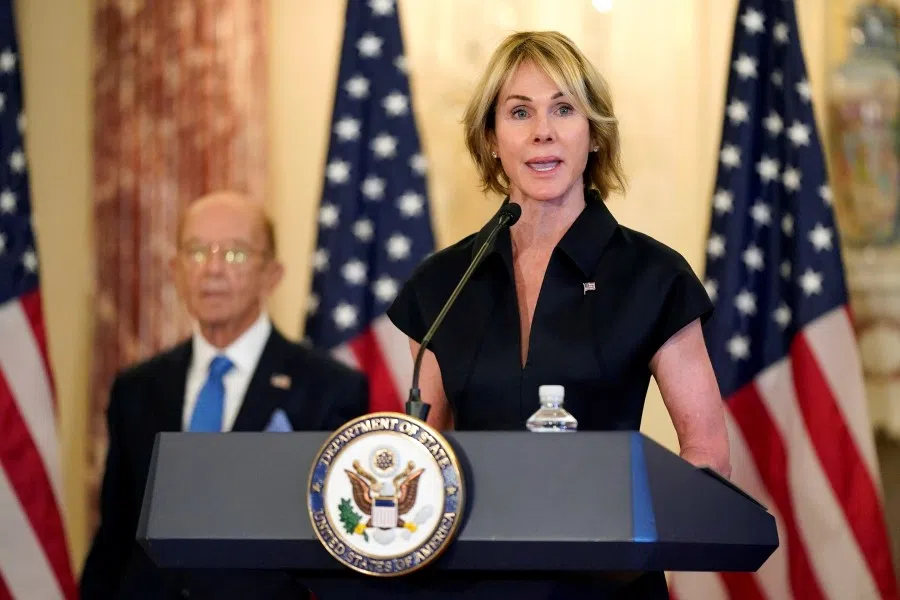
Personal interest or country's interest at play?
In fact, the two possibilities above are not mutually exclusive. The statement from the State Department emphasised: "We are fully committed to the completion of a smooth and orderly transition process to be finalised over the next 8 days... As a result, we are cancelling all planned travel this week, including the Secretary's trip to Europe." This sounds defensive, but it is also an indirect commitment not to make trouble for Biden's team. Perhaps Trump and his followers have finally realised that the violence at the Capitol has made him a villain at home and abroad, so that even European officials want nothing to do with him, and it is time to pull back.
Indeed, before this, the Trump camp was "fully committed" to disrupting the transition. As a leader who was voted out after just one term, Trump refused to concede. As for his team, in foreign relations, they seemed to be hyperactive or on steroids, doing all it could to extend his political legacy and restrict the diplomatic space of the incoming administration; domestically, they continued to tear the US apart, leaving more problems behind them.
For example, with just about ten days to go before the handover, on 11 January 2021, Pompeo announced that Cuba was back on a blacklist of state sponsors of terrorism, in a clear effort to hinder the Biden administration's policy towards Cuba. In East Asia, even on its way out the Trump team has been playing the "Taiwan card" - over the past couple of months, it has continued to approve weapons sales to Taiwan and signed into law the Taiwan Assurance Act of 2020, and on 9 January 2021, it announced removing restrictions on official exchanges with Taiwan, along with Craft's planned visit that became a video conference. As the one playing host, Taiwan could only go with the flow, and was in a relatively passive and feeble position with regards to whether the visit happened or not.
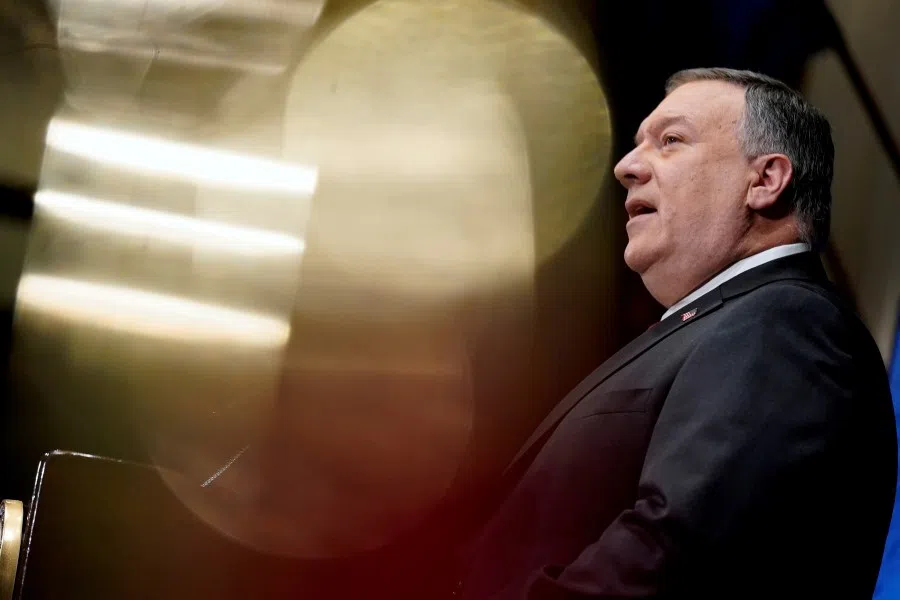
Taiwan is well aware that while it might have looked good if the US ambassador to the UN did come to Taiwan for the historic visit, there would also be serious repercussions. As an ambassador appointed by the outgoing administration, Craft should not use her remaining time in office to make high-profile scrambles. If Taiwan extends a zealous welcome, it would lose brownie points with the incoming US president.
...the outgoing administration is making noise and generating massive publicity domestically in order to shore up power for a comeback in the future.
Shoring up political capital for the future
Furthermore, since November last year, Taiwan officials' overtures to the Trump's camp have been looked upon as placing a wrong bet. Last week, after a mob of Trump supporters stormed the US Capitol in a bid to overturn Trump's defeat in the presidential election, politicians from many countries repudiated such violent behaviour. Not only did Taiwan President Tsai Ing-wen fail to condemn the Capitol siege, she announced that Taiwan would receive Craft, who was appointed by Trump and also a prominent donor to Trump's 2016 campaign. While this decision and its timing are perplexing, perhaps Tsai was rather helpless in her choice. As for the question as to whether the Trump administration was truly fighting for international space for Taiwan - if this was its real intention, it would have done so earlier and not waited till the end of its term.
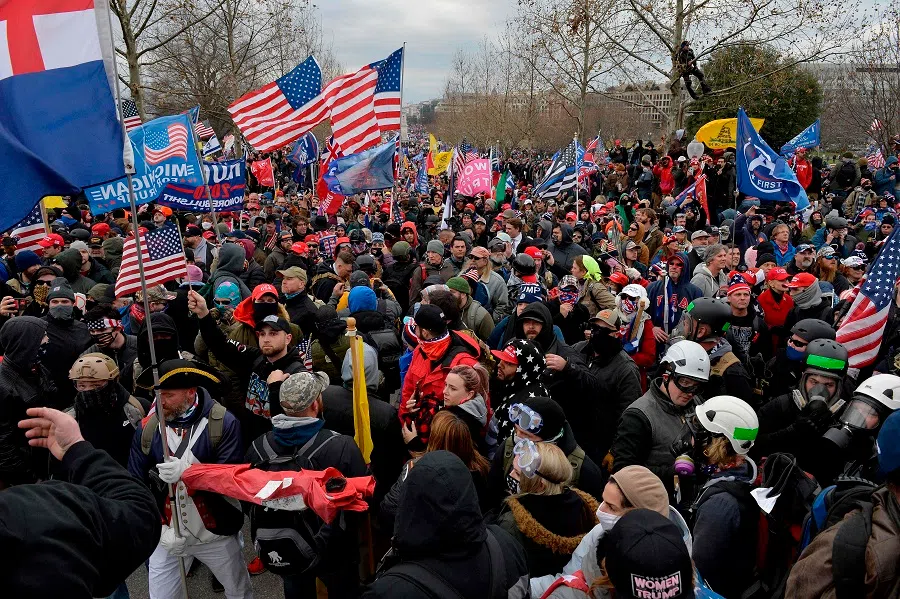
So why are the outgoing US president and officials going over the top at this point in time?
Read positively, it is part of preserving a political legacy, but a more reasonable interpretation would be that the outgoing administration is making noise and generating massive publicity domestically in order to shore up power for a comeback in the future. This is in fact similar to Taiwan's high-profile publicity of Craft's Taiwan visit - both seeking to satisfy their internal audience and garner support for themselves.
The Trump administration also made a strange move recently: it declassified the "US Strategic Framework for the Indo-Pacific" that was passed in 2018 on 5 January 2021. These types of documents are normally kept classified for 30 years, but its contents have already been released on the White House website on 12 January.
At first glance, it even looks like the US's version of Amazing China, a 2018 Chinese documentary trotting out China's achievements - while trumpeting the Trump administration's achievements, the document highlights the failure of the America First policy in many ways.
The contents of the newly declassified framework are hardly surprising: the intention to contain China is clear. For example, it mentions the need to "build an international consensus that China's industrial policies and unfair trading practices are damaging the global trading system"; "enable Taiwan to develop an effective asymmetric defence strategy and capabilities that will help ensure its security, freedom from coercion, resilience, and ability to engage China on its own terms"; "enhance US engagement in the region while also educating governments, businesses, universities, Chinese overseas students, news media, and general citizenries about China's coercive behaviour and influence operations around the globe"; and to "work closely with allies and like-minded countries to prevent Chinese acquisition of military and strategic capabilities", among others.
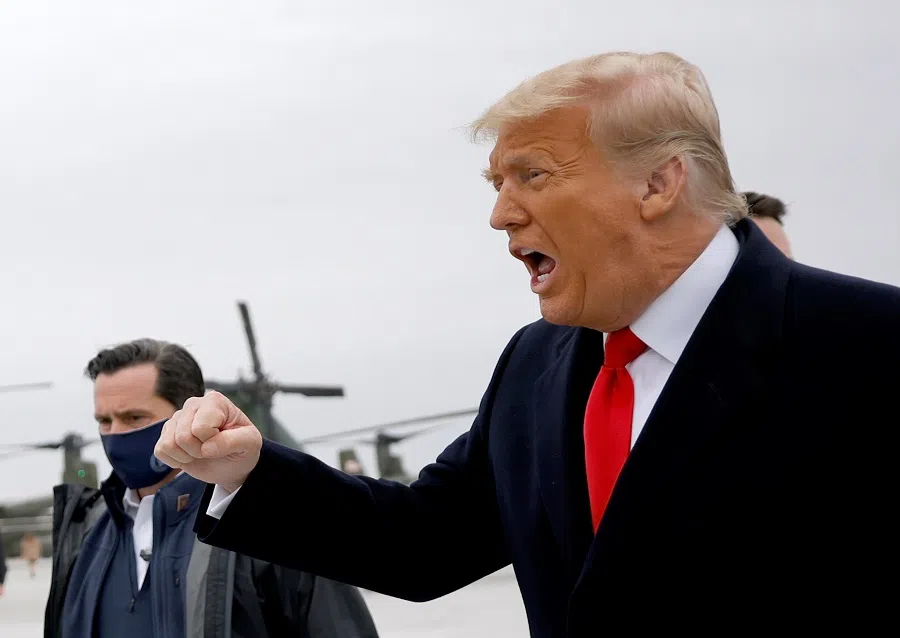
The White House's decision to declassify this document at this point in time is clearly to help Trump's team gain future political power, but the plan has backfired because most of the administration's major goals appear not to have been met. At first glance, it even looks like the US's version of Amazing China, a 2018 Chinese documentary trotting out China's achievements - while trumpeting the Trump administration's achievements, the document highlights the failure of the America First policy in many ways.
The past four years tells us that a major power's attempt at bringing another major power to heel will not be successful and placing bets on either side is more trouble than it is worth. Hopefully, the sloppy handling of a diplomatic move near the end of an administration's term marks the end of a phase in time, and will pave the way for a new chapter in China-US relations.
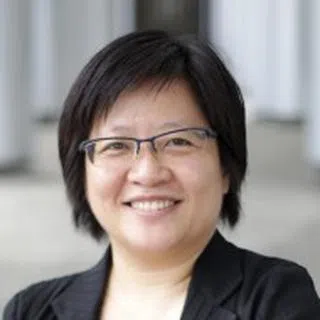


![[Big read] When the Arctic opens, what happens to Singapore?](https://cassette.sphdigital.com.sg/image/thinkchina/da65edebca34645c711c55e83e9877109b3c53847ebb1305573974651df1d13a)
